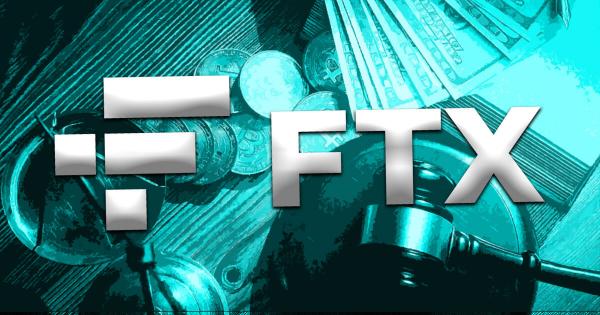CFTC settles charges against companies behind 0x (ZRX), two other DeFi protocols
The U.S. Commodity Futures Trading Commission (CFTC) announced settlements with multiple DeFi companies in a press release dated Sept. 7 as it and its counterpart regulator for the securities market, the Securities and Exchange Commission (SEC), show no sign of slowing down their ongoing enforcement actions against actors in the cryptocurrency space.
Ian McGinley, the CFTC’s Director of Enforcement, wrote:
“Somewhere along the way, DeFi operators got the idea that unlawful transactions become lawful when facilitated by smart contracts…They do not.”
The CFTC primarily targeted ZeroEx Inc., best known for creating 0x Protocol. The agency said that ZeroEx also offered a frontend called Matcha, which traded third-party tokens that provided leveraged exposure to BTC, ETH, and other assets. The CFTC said that these leveraged tokens are commodities and can only be offered on registered exchanges.
0x was once seen as a promising basis for Ethereum-based decentralized exchanges before current leaders such as Uniswap dominated the area.
Though long-term trading volumes are no longer available, market rankings provide some indication of 0x’s former popularity. In 2018, 0x’s ZRX token often ranked among the 30 largest tokens by market cap. Today, ZRX ranks below the 700 largest cryptocurrencies, and Uniswap’s UNI token is the 24th largest cryptocurrency. As such, the CFTC’s latest action is significant because it targets one of DeFi’s past top contenders.
The CFTC additionally targeted Opyn, a decentralized Ethereum and stablecoin investment platform. The CFTC said that Opyn’s oSQTH tokens are commodities and can only be offered on registered exchanges. The value of the oSQTH token is determined by a squared ETH-to-USDC index operated by the company,
Finally, the CFTC targeted Deridex, a defunct trading platform built on Algorand. The CFTC said that Deridex’s perpetual contracts, which are based on the relative value of the STABL2 token and another asset, qualified as a commodity.
Each platform faced multiple charges
Apart from those specific violations, the CFTC charged Deridex and Opyn with various failures to register, and with failure to comply with customer identification programs in accordance with the Bank Secrecy Act. ZeroEx is not described as facing those charges.
Additionally, the agency charged all three platforms with the illegal offer of leveraged and margined retail commodity transactions in digital assets. Each company must cease and desist from violating any of the relevant regulations.
The CFTC has imposed a different monetary penalty on each company. Opyn must pay $250,000, ZeroEx must pay $200,000, and Deridex must pay $100,000. The agency said that it reached these settlements at the time that it filed charges.
The latest charges are part of a growing list of crypto-related actions from the CFTC. The agency concluded a fraud case against Mirror Trading International and took action against an individual pool operator this week. The CFTC has also targeted major crypto companies, including Binance, FTX, Tether, and BitMEX in the recent past.





